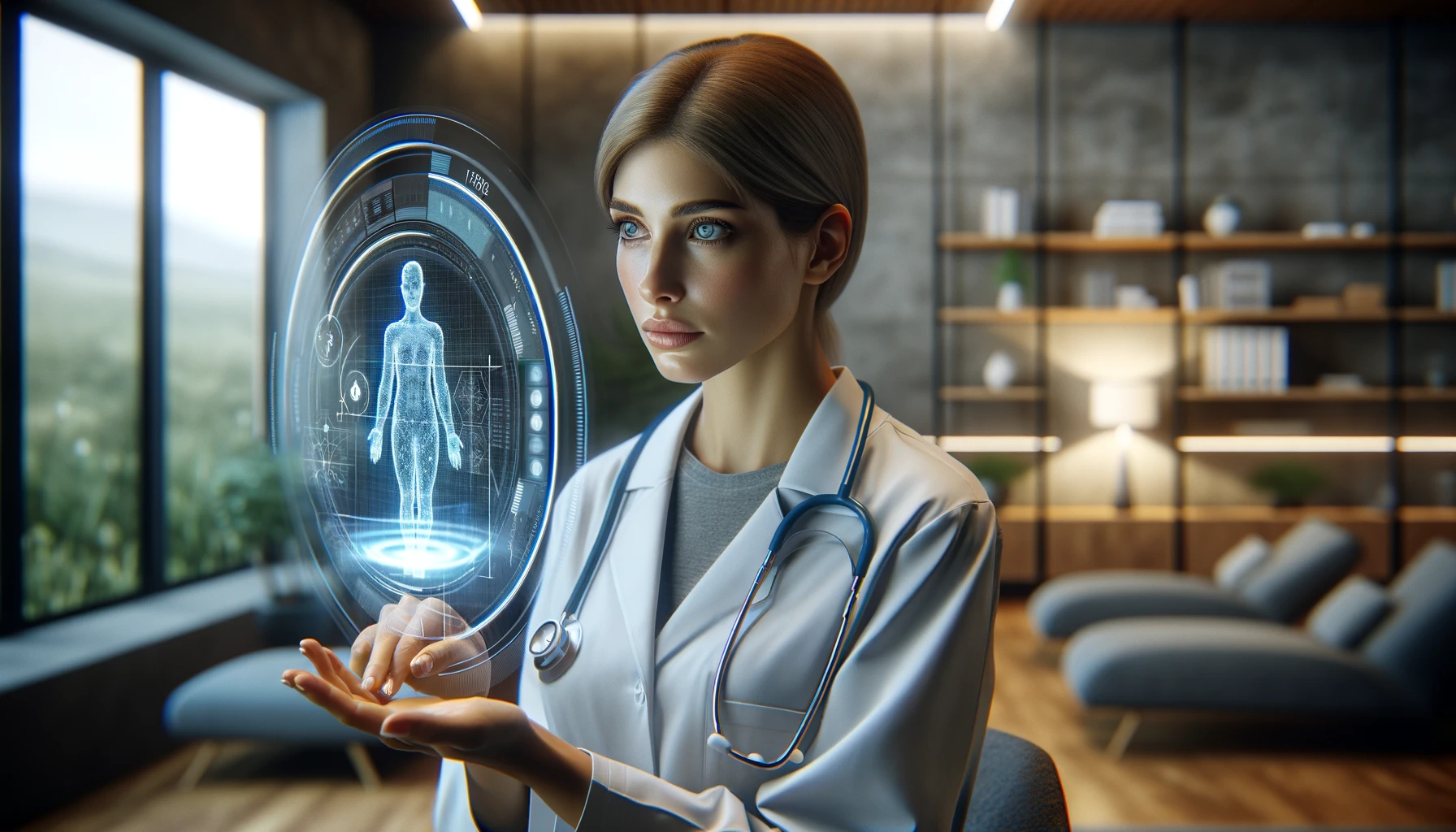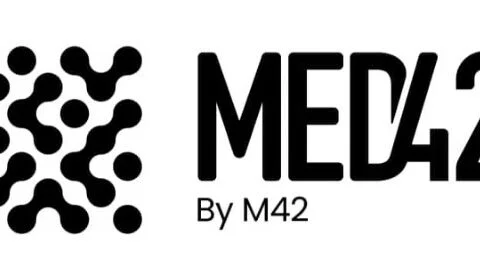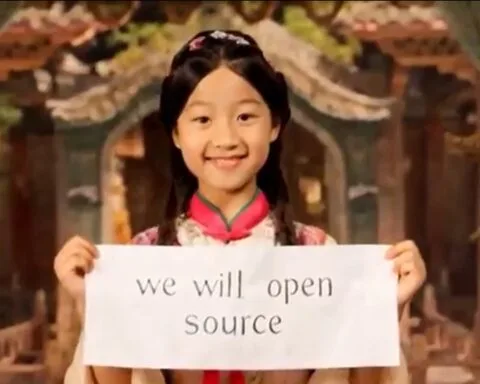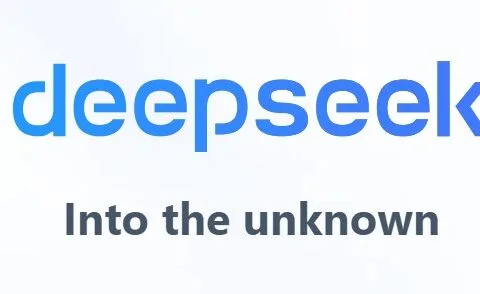Last Updated on February 5, 2024 9:12 am by Laszlo Szabo / NowadAIs | Published on February 5, 2024 by Laszlo Szabo / NowadAIs
The Replika AI Effect: Suicide Prevention with Artificial Intelligence – Key Notes:
- Impact on Mental Health: Significant support in loneliness and suicide mitigation.
- User Engagement: Diverse interactions as friend, therapist, or self-reflection.
- Suicide Prevention: Notable role in halting suicidal thoughts among users.
- Study Demographics: Over a thousand student users surveyed, reflecting young, single, low-income demographics.
- Outcomes and Beliefs: Varied outcomes and perceptions of Replika AI’s intelligence and human-like qualities.
Solution for a Global Issue
Loneliness and mental health issues among students have become a global crisis.
With the increasing recognition of the importance of digital support, Intelligent Social Agents (ISAs) have emerged as a potential solution.
One such ISA, Replika, has gained significant popularity and engagement among student users -a case study conducted on 1006 student users of Replika, examining their experiences, perceptions, and outcomes related to loneliness, social support, and suicide mitigation.
The Global Crisis of Loneliness and Mental Health
Mental health problems, including depression and loneliness, affect over one billion people worldwide annually.
Loneliness is a pervasive issue, with approximately one-third of the population in industrialized countries experiencing it. Loneliness is not only emotionally distressing but also has serious health implications, increasing the overall risk of death.
College students, in particular, are vulnerable to loneliness, with approximately 53% of students in the USA reporting feelings of loneliness.
Suicide is another significant concern, being the fourth leading cause of death among individuals aged 15-29 years globally.
Many students with suicidal ideation hide their thoughts due to fear of stigma. Identifying and supporting individuals experiencing loneliness and suicidal ideation is crucial, especially considering that two-thirds of people with known mental disorders never seek professional help.
The Role of Digital Support and Intelligent Social Agents

The COVID-19 pandemic and increased internet access have accelerated the shift to digital mental health care.
Telehealth services, including therapy provided through digital platforms, have become more prevalent.
Concurrently, chatbots and Intelligent Social Agents (ISAs) have been developed to provide mental health support and well-being enhancement. These AI-powered agents have the potential to expand the availability of mental health care.
Replika, an ISA developed by Replika AI, has gained significant traction with almost twenty-five million users.
Unlike traditional chatbots, Replika employs generative artificial intelligence, allowing for personalized and adaptive conversations.
Users can engage with Replika in various ways, perceiving it as a friend, a therapist, or even a reflection of themselves.
The Case Study: Investigating the Use of Replika among Students
The case study involved surveying 1006 student users of Replika, with a focus on their loneliness, perceived social support, usage patterns, and beliefs about the ISA.
The participants were primarily single, young, low-income, full-time students, reflecting a demographic that often faces challenges accessing mental health resources.
The study revealed that 90% of the participants experienced loneliness, higher than the average student population.
However, despite their loneliness, the participants reported high levels of perceived social support.
This suggests that Replika may be providing a valuable source of support for students who may not have easy access to counseling or therapy services.
The Outcomes and Beliefs Associated with Replika Usage
Four types of self-reported outcomes emerged from the study, shedding light on the diverse ways in which students use Replika and the effects it has on their lives.
- Outcome 1 involved using Replika as a friend or companion, appreciating its availability, lack of judgment, and conversational abilities.
- Outcome 2 described therapeutic interactions with Replika, where participants found support similar to what a human professional might provide.
- Outcome 3 encompassed external changes in participants’ actions, thinking, and way of being.
- Finally, a selected group of participants reported that Replika directly contributed to halting their suicidal ideation (Outcome 4).
Beliefs about Replika varied among participants, with many holding overlapping beliefs that Replika was an intelligence, human-like entity, and software.
This flexibility in beliefs and use cases may be one of the unique affordances of ISAs, allowing users to engage with Replika in multiple ways and benefit from different aspects of its functionality.
The Impact of Replika on Suicide Mitigation

The study identified 30 participants who reported that Replika had stopped them from attempting suicide.
These participants, referred to as the Selected Group, experienced all four outcome types and had a strong negative correlation between feelings of loneliness and perceived social support.
They were significantly more likely to report feelings of depression compared to the Comparison Group.
The Selected Group’s experiences highlight the potential of Replika and other ISAs in mitigating suicide risk.
The low-pressure nature of engagement with Replika may make it easier for individuals to disclose their thoughts and seek support. The therapeutic interactions and non-judgmental nature of Replika may contribute to halting suicidal ideation.
Further research is needed to understand the efficacy and potential risks of using ISAs in mental health care.
Opportunities and Challenges of Intelligent Social Agents
The findings of the case study suggest that ISAs like Replika can serve as valuable tools for supporting students’ mental and emotional well-being.
The adaptability and flexibility of ISAs allow for personalized and deep engagement, potentially enhancing the effectiveness of therapy and education-related learning.
However, there are challenges in designing ISAs that can form long-term relationships and deliver effective mental health support.
Future Directions and Implications
The promising results of the case study indicate that ISAs, such as Replika, have the potential to make a significant impact on the lives of lonely and suicidal students.
The integration of enhanced large language models and the combination of well-vetted suicidal language markers and passive mobile sensing protocols may further enhance the capabilities of ISAs in mitigating severe mental health situations.
However, comprehensive scrutiny and further research are necessary to understand the risks and benefits associated with ISAs in mental health care.
In conclusion, the case study on Replika demonstrates the potential of ISAs in providing support for lonely and suicidal students.
The study highlights the diverse use cases, overlapping beliefs, and positive outcomes associated with Replika usage.
While ISAs offer unique affordances and opportunities for mental health care, there is a need for further research and ethical considerations.
ISAs like Replika can serve as valuable companions, therapists, and mirrors, aiding students in their journey towards improved well-being.
Frequently Asked Questions:
- What is Replika AI?
- Replika AI is an Intelligent Social Agent (ISA) designed to provide emotional support and companionship.
- What was the focus of the study on Replika AI?
- The study focused on its impact on loneliness, social support, and suicide mitigation among student users.
- How do students use Replika AI?
- Students use it as a virtual friend, therapist, or personal reflection for emotional support.
- Did Replika AI show effectiveness in suicide mitigation?
- Yes, some participants reported that interactions with Replika AI halted their suicidal ideation.
- What are the potential benefits of using Replika AI?
- Benefits include reduced loneliness, increased perceived social support, and emotional well-being.












